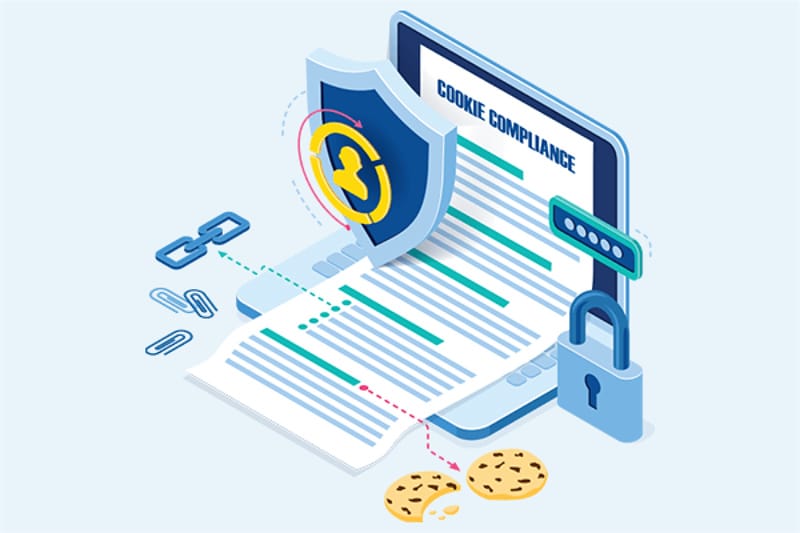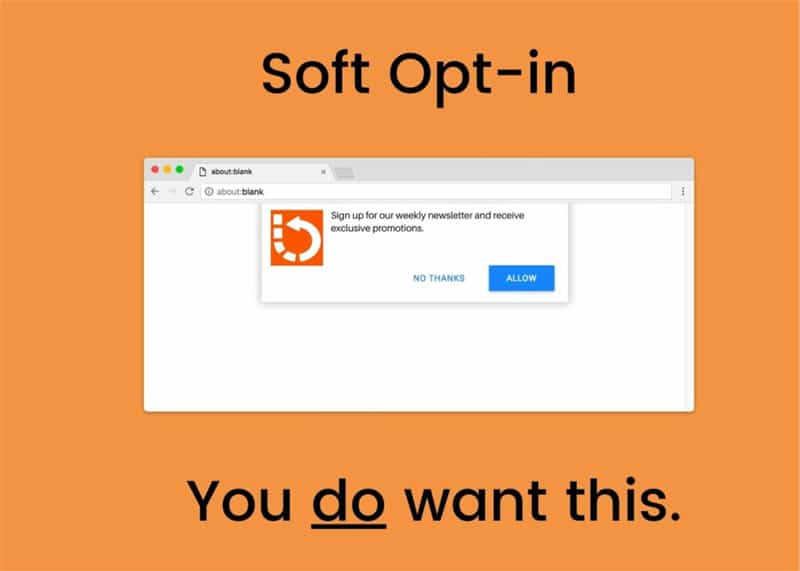
Getting cookie consent is essential to comply with privacy laws and regulations. So, in this article, let's discuss how cookie consent works in detail!
In the internet world, cookies have very different meanings. These are not your typical yummy baked treats. Instead, they're small data files that are stored on an individual's browser.
The fundamental purpose of these cookies is to collect data about the user by tracking the activity on the website. As a result, businesses are able to personalize and enhance the web experience for the customer.
But, considering the privacy laws, these cookies can only be placed on a user's browser after consent. So, if you're a site owner who wishes to collect consumer data via cookies, this article is a must-read.
We'll be discussing some important aspects of cookie consent, like the following.
- What is it?
- Laws that make it mandatory.
- How does it work?
- Cookie consent management, and much more.
Let's dive in!
Understanding Cookie Consent

A cookie consent refers to the permission for cookies. It’s granted by the user on whose browser you wish to place the cookies.
The reason why getting this consent is so important is the collection of personal data. When a cookie is stored on someone’s browser, it gathers information about them and sends it to the company. This particular data may include their username, online activity, preferences, and much more.
All this classifies as consumer data that helps the website learn about its target audience and create a better experience for them. Businesses can also use this data to promote more appealing products and ads.
That said, collecting all this data about someone without their informed consent goes against the laws (depending on location). Some famous privacy laws include:
- European General Data Protection Regulation (GDPR)
- Children's Online Privacy Protection Act (COPPA)
- California Consumer Privacy Act (CCPA)
- Personal Information Protection and Electronic Documents Act (PIPEDA)
- Brazilian General Data Protection Law (LGPD)
These regulations protect user rights by making consent mandatory. Businesses that don’t comply with these laws may have to face dire consequences.
| What Happens If You Don’t Get Cookie Consent? |
| Heavy Fines Loss of Consumer Trust Damaged Reputation Ban on Collecting Data (in some cases) |
How Does Cookie Consent Work?
The cookie consent takes the form of a banner, widget, or notice on the website. It pops up automatically when you open the site. On it, you’ll notice certain features that include:
- What type of data is being used?
- Why is the data being collected?
- Who is collecting and using the data?
- Cookie expiry date.
- Cookie policy link.
- Option to accept or reject the cookies.
In case a person agrees, the cookies get stored in the user’s browser and perform their function. All the collected data is shared with your company. This is how a basic cookie consent works.
However, if we dive a little into the details, we’ll get to know that there are different types of cookie consents too.
Information Only
As the name suggests, the Information Only type tells the user that cookies will be used. If the user wishes to browse the site, they will have to accept the cookies. Since this restricts the consent options, many famous privacy laws do not accept this type.
Implied Consent
The cookies are set by default on the website. However, when an individual opens the site, a notice informs them about it and provides the option to turn the cookies off.
Soft Opt-in

This particular type is the opposite of Implied Consent. It keeps the cookies blocked by default on the website. When the user takes an
Explicit Consent
Explicit consent ensures all cookies remain blocked until and unless the user gives permission. There’s a clear option to accept or refuse the cookies, which makes it the most preferred method.
It’s highly important that you refer to the data privacy laws in your region before selecting the type of cookie consent. Note you should not only consider the location where you’re based. But also the location of your target audiences.
What Is Cookie Consent Management?
Cookie consent management essentially refers to the automation of the process. There are many people who visit the site every day. And so, obtaining and storing their consent properly can be troublesome.
It's why companies prefer using cookie consent management tools. These tools automate the entire process while ensuring compliance with privacy laws. They also handle any requests to change the consent, access the data, or even erase it.
Most of the tools are capable of recording the cookie consent data into organized and protected files. However, you need to regularly monitor these tools to ensure that only authorized people have access to it. Encrypt the system if possible and look out for potential data breach risks!










